Abstract 2/2017
Table of content
Maciej Michnej, Tomasz Zwoliński – Parking management as proven strategies for energy-efficient urban transport under the PUSH&PULL Project
Mateusz Pietruch – Analysis of the use parking spaces in Cracow’s parking paid zone
Maciej Górz – Metrobus. Latin system versus Polish reality
Lidia Zielińska – Analysis of legitimacy of countdown timers at intersections with traffic lights in Słupsk
Piotr Bielański – Analysis of the possibility to separate bus lane along to the traffic route on the Pilotów and Olszyny streets in Cracow
Jan Paszkowski, Tomasz Kulpa – Evaluation of selected activities for sustainable mobility in Cracow
Abstracts
Maciej Michnej, Tomasz Zwoliński
Parking management as proven strategies for energy-efficient urban transport under the PUSH&PULL Project
Abstract: The vast majority of travels made by car begins and ends at the parking lot, where each parking space consumes approximately 15 m2 of the surface, and average driver uses 2 to 5 parking spaces during the day. The deficit of parking makes drivers in search of free space resulting with the formation of congestion and increase the risk of collisions or accidents involving pedestrians. Skilful and effective management of the parking spaces has a significant impact on the quality of inhabitants life , changing behaviours and means of transport, and also is an indicator of urban development and it’s transport systems. This article presents the assumptions and the results of international project PUSH & PULL – Parking management and incentives as successful and proven strategies for energy-efficient urban transport project, realized by the Municipality of Krakow. Its objective, among others, is to develop a catalogue of innovative and proven activities on parking space management, including the testing of selected solutions and implementation of the so-called core funding mechanism, which assumes that part of the revenues from parking in the city will be used to promote sustainable transport.
Key words: transport systems, sustainable transport, parking management
Mateusz Pietruch
Analysis of the use parking spaces in Cracow’s parking paid zone
Abstract: An increasing demand for parking spaces, mostly in urban areas is generally caused by rapid growth of motorization. It brings a lot of consequences which are observed in everyday life in Polish cites. Usually parking problems are more complicated to solve than those related with travelling, because a lot of space is needed for typical parking lots. Shaping the parking policy brings a lot of problems related to different expectations of many social groups and low flexibility in the implementation of paid parking zones. Another difficulties are caused by the specificity of conducting parking lots researches. Municipal authorities consider parking paid zones as a potential source of budget income without deep analysis how the area is operated after introduction of the paid parking zone. The article identifies diverse problems with parking policy in different city zones. The conclusions on the functioning of paid parking zones are presented in the summary. There are also some recommendations as far as management measures and changes in the legal regulation is concerned.
Key words: parking policy, Cracow, paid parking zone
Maciej Górz
Metrobus. Latin system versus Polish reality
Abstract: Bus Rapid Transit (BRT) systems have been increasingly popular for 40 years, especially in young cities of South America and Asia. Capacious, usually double-articulated buses use separated bus lanes. Due to fast boarding, off-board fare collection and signal priority it is possible to achieve commercial speed at the level of 25 kmph. BRT might provide a basis of municipal transportation like a subway (e.g. Curitiba, Brazil) or a complementary addition to the existing rail network (e.g. Brisbane, Australia). In Poland cities of Cracow and Warsaw are considering implementing this system. The best conditions to implement the system are provided in modernist block estates. In Polish reality BRT would be a good solution for cities over 150 000 inhabitants which does not have tram network. Maintaining the fundamental BRT principles and avoiding compromises is crucial in order to provide the efficiency of transit system.
Key words: Metrobus, BRT, bus lane
Lidia Zielińska
Analysis of legitimacy of countdown timers at intersections with traffic lights in Słupsk
Abstract: The article presents the problem with countdown timers at intersections with traffic lights. Similar solutions applied all over the world and the legislation process in Poland have been analysed. Due to the lack of public research resulting with opinions for or against implementation of countdown timers, the author has conducted a poll at the intersections in Słupsk. The research has included surveys among pedestrians and drivers. Also measurement of the driver’s behavior at intersections along the Szczecińska street in Słupsk has been carried. The aim of the research is to test the behavior of drivers in similar situations at intersections with countdown timers and at intersections with similar traffic intensity without countdown timers.
Key words: traffic lights, road safety, countdown timers
Piotr Bielański
Analysis of the possibility to separate bus lane along to the traffic route on the Pilotów and Olszyny streets in Cracow
Abstract: In the article possibilities of improvement of the bus traffic on the Pilotów and Olszyny streets in Cracow are presented. The analysis of current situation was conducted by examining transfer times by public transport, number of carried passengers in buses and intensity of the traffic (all vehicles) on the analysed routes. Based on the analysis as well as conducted observations, places that generate loss of time during the travel have been indicated. On this base available solutions (bus lanes or locks) that can contribute with the improvement of punctuality and the decrease of the loss of time have been presented.
Key words: (separated) bus lanes, public transport, priority for buses
Jan Paszkowski, Tomasz Kulpa
Evaluation of selected activities for sustainable mobility in Cracow
Abstract: In Cracow, because of its compact spatial development in historic city centre, sustainable urban mobility schemes have been introduced. This article presents examples of such solutions, together with their assessment. First example is the introduction of pedestrian zone in the section of the Grodzka street, the second one is the change of traffic organisation scheme on the first ring road. First solution, is based on the reduction of unauthorised vehicle entrance and parking on the Grodzka street, between crossings with św. Idziego and Poselska streets. Evaluation of this solution was based on the analysis if the limited car access affected profits of businesses operating in this area. The value of taxes paid by entrepreneurs operating in Grodzka street before and after the change were compared. The second solution was to redevelop first ring road along the streets: Podwale, Straszewskiego and Basztowa, together with the change of traffic organisation scheme. One-way traffic for cars, counter-clockwise has been introduced along this ring and the internal road lane has been transformed to bike lane. In this part of analysis, tram travel times before and after change have been compared. Moreover bicycle travel times have been measured and compared with travel times on existing routes through the Main Market Square and the Planty.
Key words: urban transport, mobility, sustainable mobility
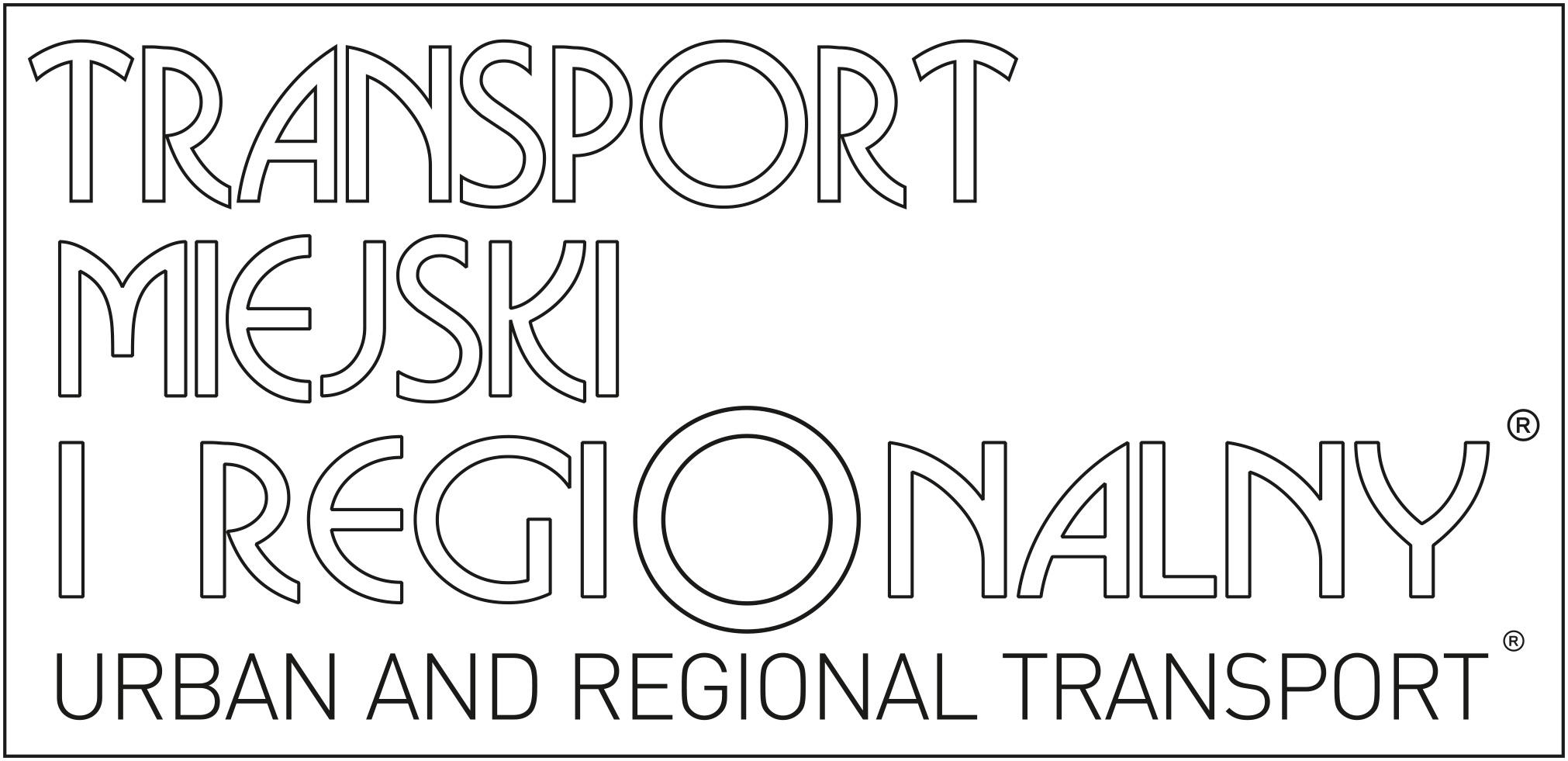
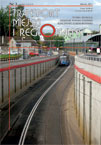 SITK RP
SITK RP 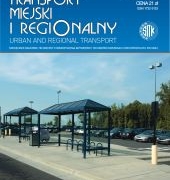 SITK RP
SITK RP 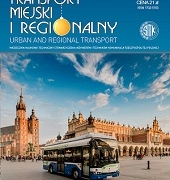
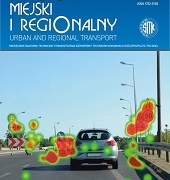
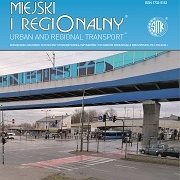 SITK
SITK 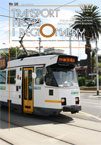 SITK RP
SITK RP 

